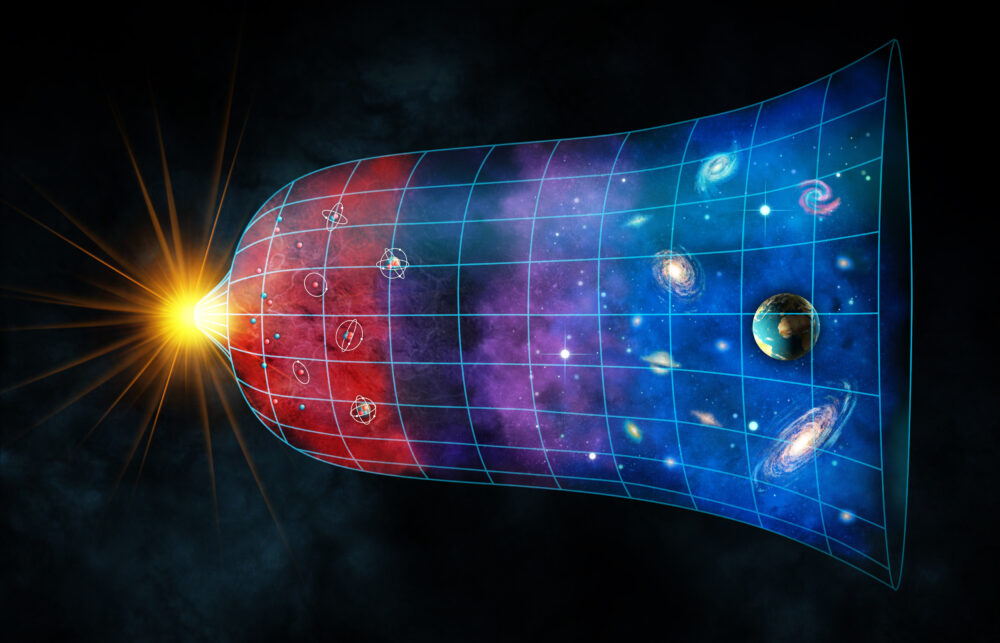


Carl Sagan Wrong about “Pale Blue Dot,” Says Astrobiologist

Carl Sagan Wrong about “Pale Blue Dot,” Says Astrobiologist
On today’s ID the Future, astrobiologist Guillermo Gonzalez unpacks one of his chapters in the new book The Comprehensive Guide to Science and Faith, edited by episode host Casey Luskin. Gonzalez and Luskin look at how our atmosphere as well as the sun, moon, distance from our host star, and position in the Milky Way are all curiously fine tuned not only for life but also for allowing Earth’s human inhabitants to observe and discover things near and far about nature. It’s as if a master designer made the Earth not merely for life but for curious and intelligent beings. What about the fact that Earth is such a tiny part of a vast universe, a “pale blue dot” as Read More ›
Kepler, Galileo, the Book of Nature, and the First Mathematician
On this episode of ID the Future, Andrew McDiarmid talks with science historian Michael Keas on pioneering mathematical astronomer Johannes Kepler, based on Keas’ new work from ISI Books, Unbelievable: 7 Myths About the History and Future of Science and Religion. Kepler studied theology before turning to math and science, and it was his belief in God that guided his extraordinary discoveries. “Without an architect who created the world,” he said, “there is no … power in mathematics to make anything material.” Scientists, in his view of God, were thinking the thoughts or ideas that God himself had thought any time they discovered some law or deep pattern in nature. Kepler is just one of a long list of great early scientists, including Galileo, who saw a “book” of God’s revelation in nature written in the language of mathematics. God designed the world for discovery, Kepler believed, and that conviction inspired his groundbreaking investigations.
Read More ›